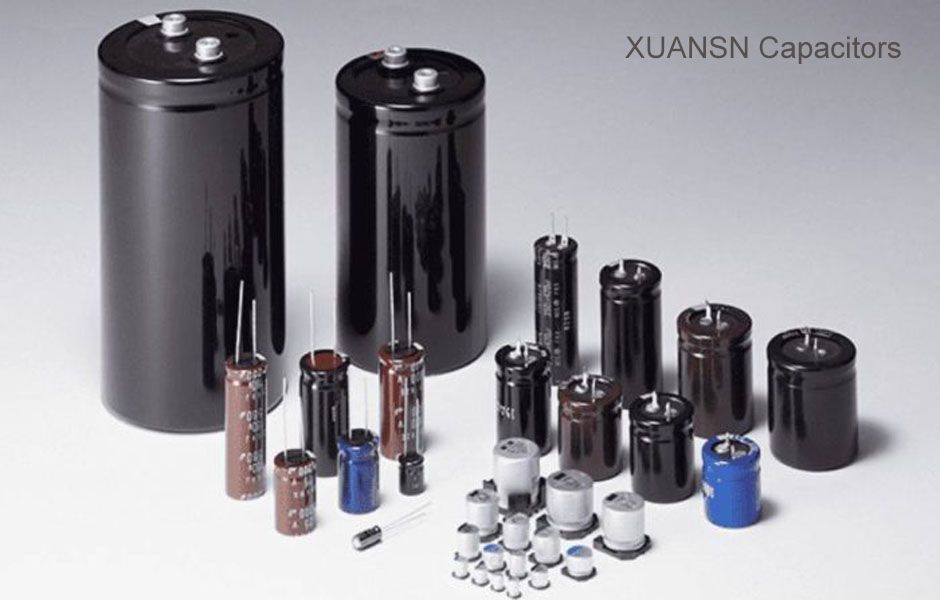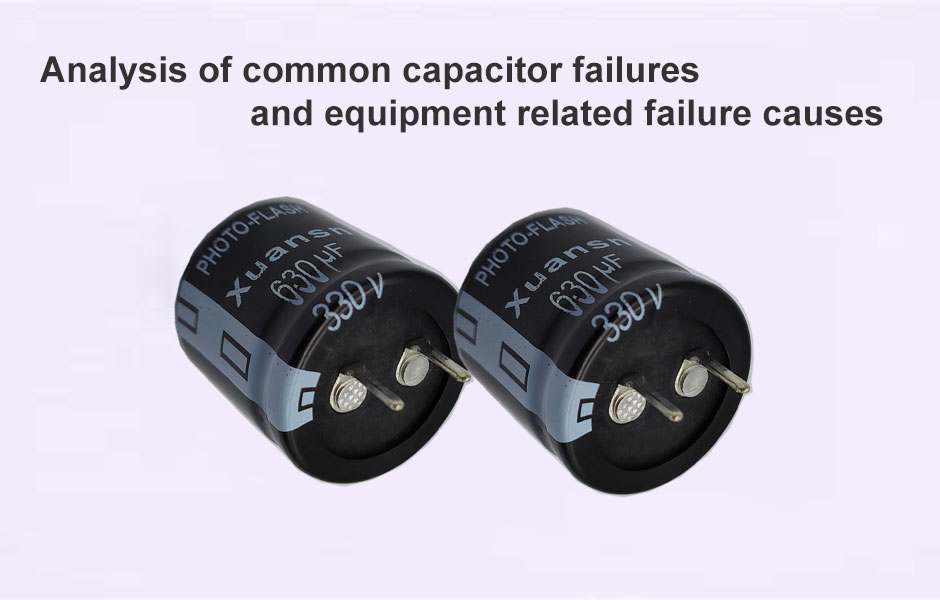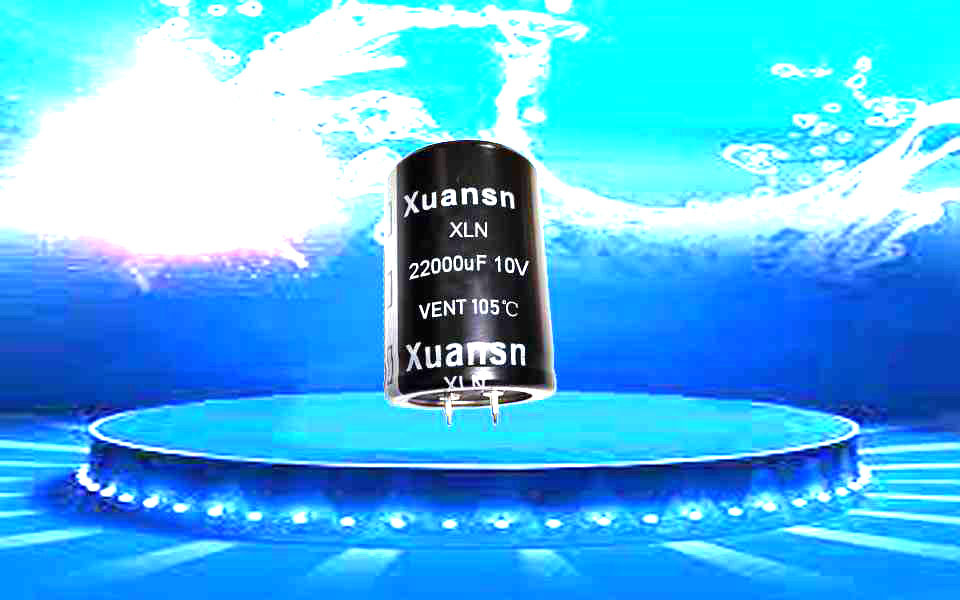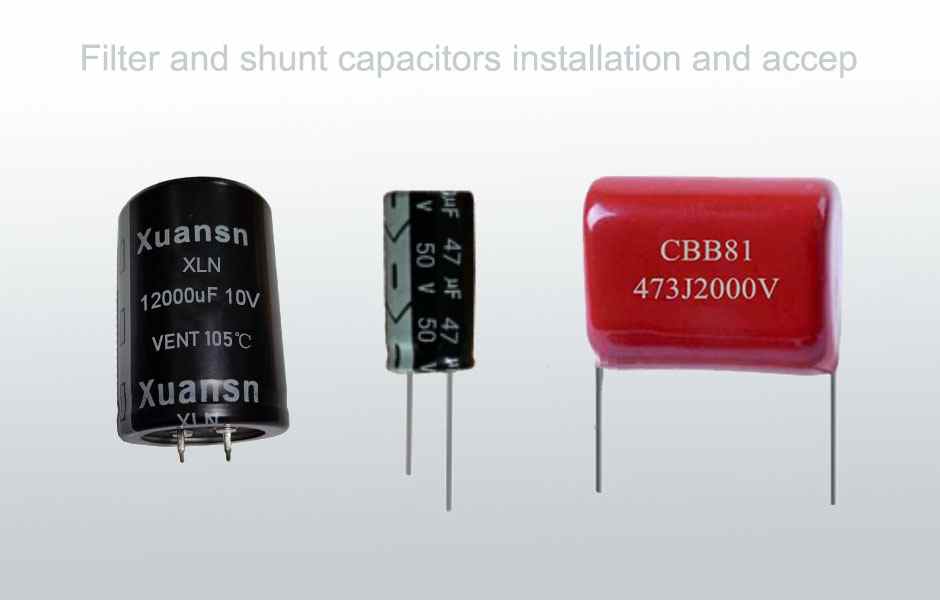Capacitors insertion reverse can be detected by image recognition or ICT
For capacitors with polarity, such as electrolytic capacitors, tantalum capacitors, etc., it is absolutely not allowed to plug them in reverse. If they are plugged in reverse, they will soon fail or even burst. In the production of circuit boards, it is very necessary to detect whether the capacitor is inserted reversely. Especially in the production line of manual insertion, the probability of incorrect or reverse insertion is very high. Lower-end production lines generally pass manual inspections; production lines with higher automation or higher requirements use image recognition or ICT to detect whether the capacitors are plugged in reversely.
- Image recognition detects whether the capacitor is plugged in reverse
After the circuit board comes out of the furnace, it is sent to the inspection station, and the high-definition camera takes a picture of the circuit board, and then compares it with the correct standard model photo. If the capacitor is inserted incorrectly or incorrectly, it will be marked as a defective product, and the good product will continue. Transfer to the next station.
- ICT detects whether the capacitor is inserted reversely
ICT is called an automatic online tester. It is a necessary testing equipment for PCBA (Printed-Circuit Board Assembly) modern production workshops. ICT can detect open circuits and short circuits, and can detect whether various electronic components are correctly mounted. The measurement accuracy of ICT is very high, which can greatly improve the production efficiency of the circuit board production line. To use ICT for testing, the PCB needs to reserve test points on each network that needs to be tested. During the test, the test pins will be connected to the test points of the PCB. ICT is like a “multimeter” that can detect the circuits and components on the circuit board.
It is very special to detect whether the capacitor is plugged in reversely. The two pins directly connected to the capacitor cannot be detected. You need to add an additional test pin to the case of the capacitor. It is necessary to judge whether the plug is reversed according to the difference between the resistance of the positive electrode to the case and the resistance of the negative electrode to the case.




